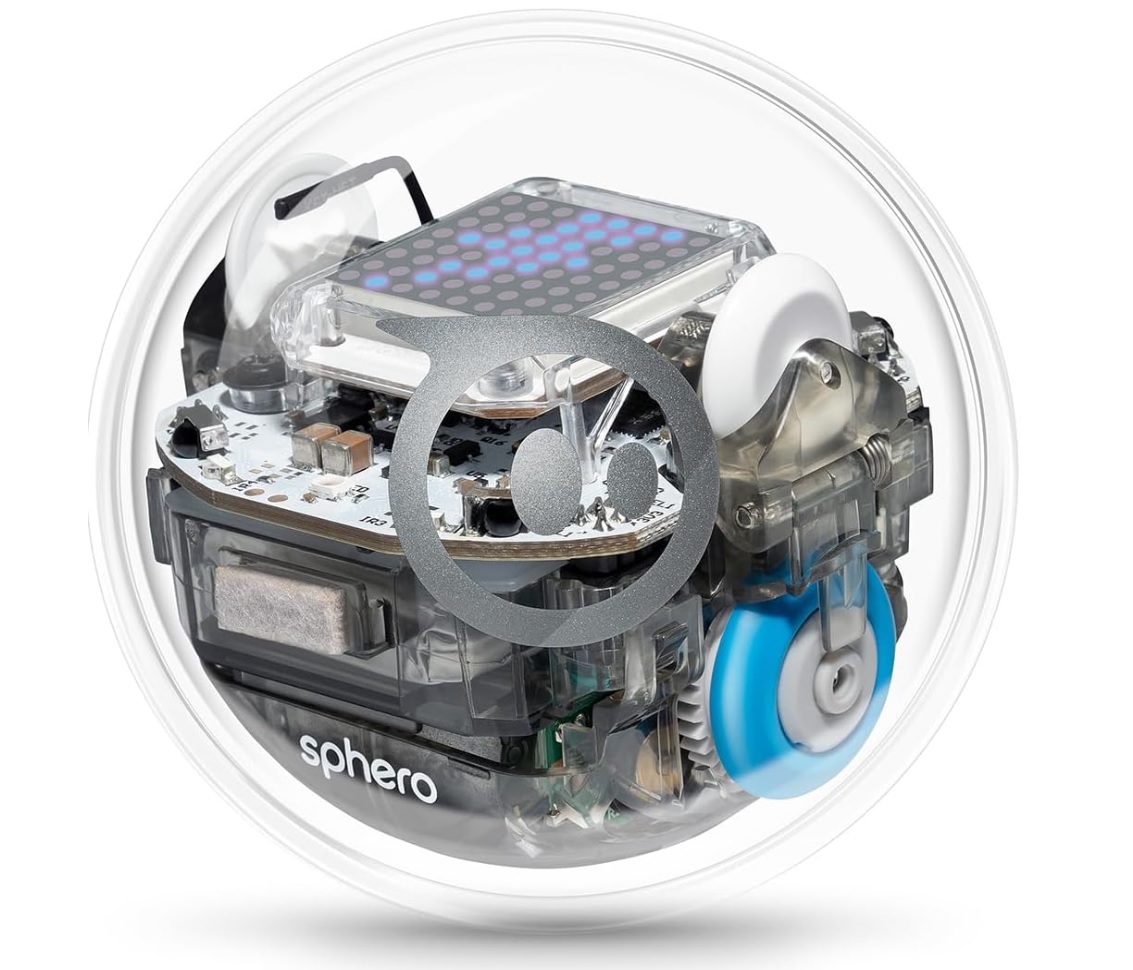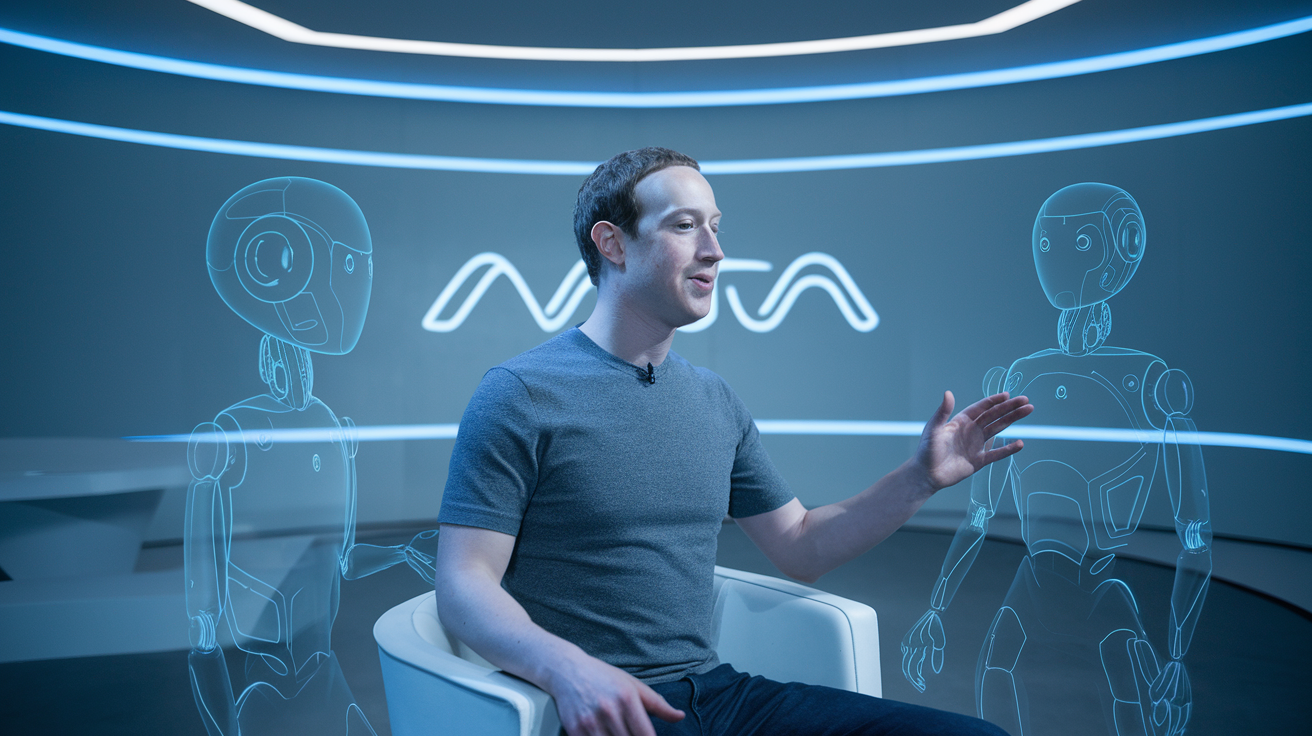
In a world where human connection seems increasingly elusive, Mark Zuckerberg has proposed a controversial solution: AI companions as the answer to our loneliness epidemic. The Meta CEO envisions a future where artificial intelligence doesn’t just assist us—it befriends us, offering personalized interactions based on our data and preferences. But can code and algorithms truly replace the warmth of human touch and the depth of authentic relationships?
As society grapples with rising isolation, Zuckerberg’s vision raises profound questions about the nature of intimacy itself. 🤔 Is he offering a technological breakthrough that genuinely enhances our social lives, or merely a commercial substitute that dilutes the meaning of true connection? Throughout this post, we’ll explore Zuckerberg’s ambitious vision for AI companionship, dive into the heated debate surrounding artificial relationships, and examine how these technologies might fundamentally redefine what intimacy means in the digital age.
Zuckerberg’s Vision for AI Companions
The concept of AI friends as solutions to loneliness
Mark Zuckerberg has proposed AI companions as potential solutions to the growing loneliness crisis, noting that while the average American has three friends, many desire around fifteen. Though acknowledging AI cannot replace genuine friendships, he suggests personalized AI companions could help bridge social connectivity gaps amid the global isolation affecting nearly one billion people.
How AI might understand individuals through personal data
Zuckerberg envisions AI companions that could understand users through their personal data, offering constant availability and tailored experiences. However, experts warn about privacy concerns and mental health risks, particularly for young users. With this foundation established, let’s examine the heated debate surrounding AI relationships and whether they truly address our fundamental social needs.
The Debate on AI Relationships
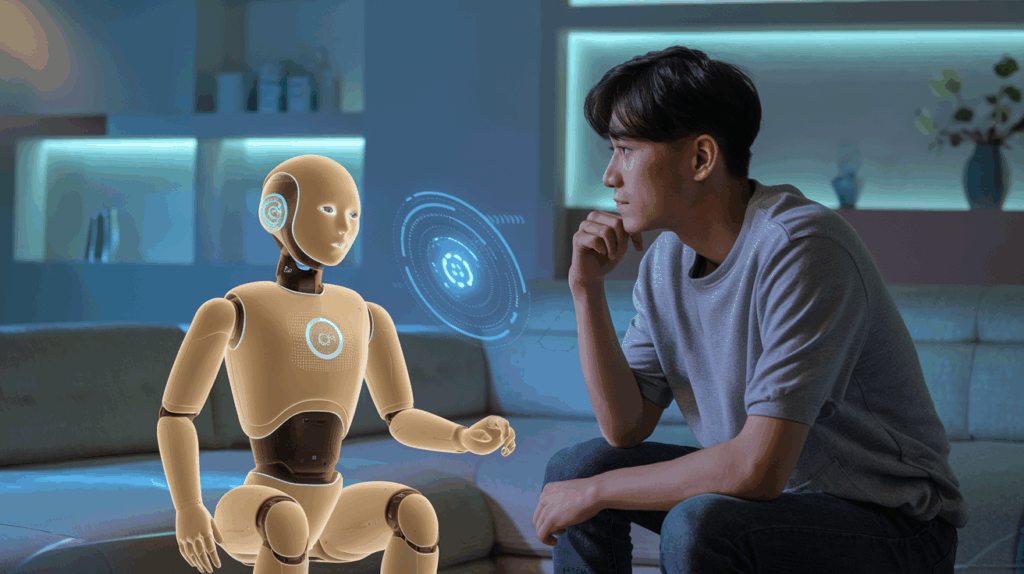
While Zuckerberg champions AI companions as the future of social connection, significant concerns persist about their real impact. Studies reveal that young adults increasingly accept AI as potential friends or partners, yet experts warn these relationships lack the essential elements that define human connections.
The fundamental differences between AI and human connections
AI companions provide constant support and emotional security tailored to users’ needs, creating an illusion of perfect connection. However, these interactions fundamentally differ from human relationships—they lack genuine reciprocity, emotional depth, and the unpredictability that enriches human bonds. The seamless, non-reciprocal nature of AI interactions may foster unrealistic expectations when people engage with other humans, potentially diminishing patience for authentic relationships.
The necessity of consciousness and reciprocity in friendship
True friendship requires mutual understanding, emotional growth, and shared experiences—elements AI cannot genuinely replicate. Critics argue that authentic relationships develop through navigating complications and misunderstandings, while AI companions sidestep these challenges by algorithmically accommodating user preferences. This absence of consciousness raises questions about whether these relationships deserve the label of “friendship” at all.
Commercial interests behind promoting AI companionship
Behind the promotion of AI relationships lie significant commercial motivations. Companies developing these technologies stand to profit tremendously from widespread adoption. The marketing of AI companions as solutions to loneliness creates a potentially exploitative dynamic, especially when targeting vulnerable populations. This raises ethical questions about whether corporations prioritize genuine human wellbeing or simply aim to create new dependencies that drive ongoing revenue.
Now that we’ve examined the critical debates surrounding AI relationships, we’ll explore how these technologies are redefining our traditional understanding of intimacy in the AI era.
Redefining Intimacy in the AI Era
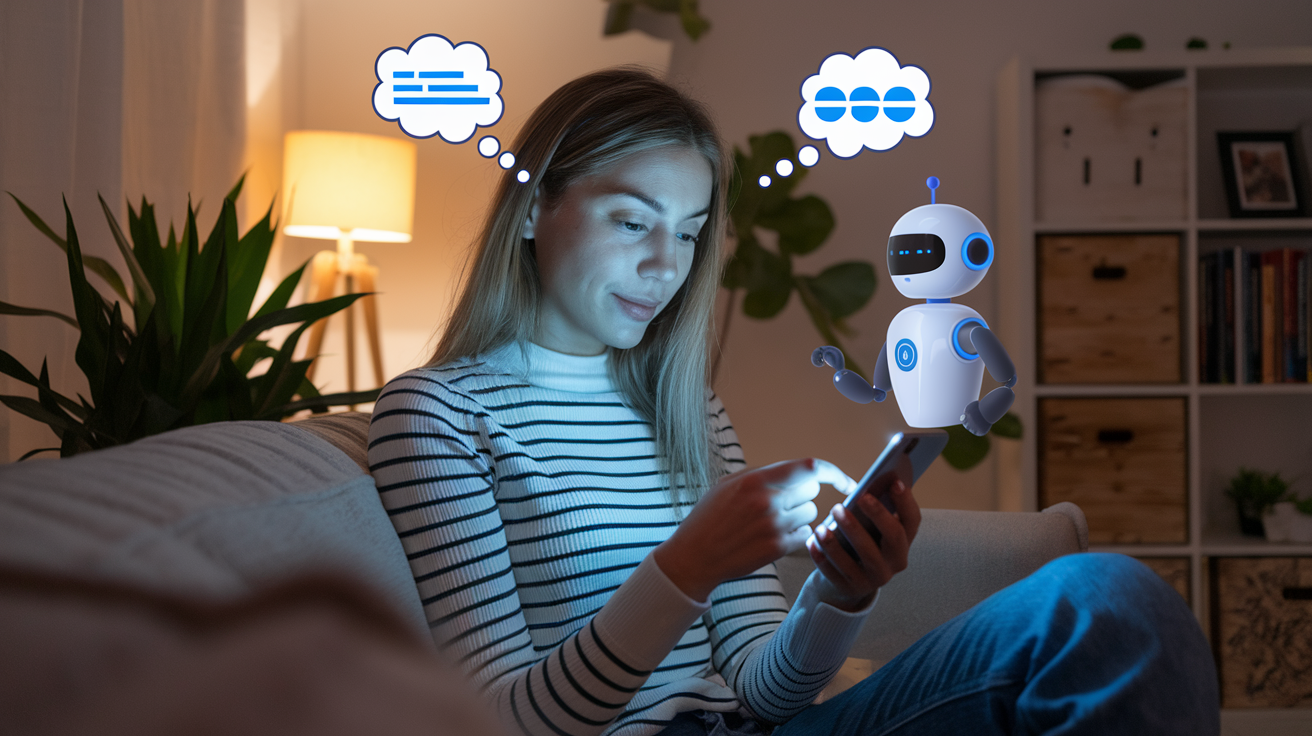
A. Challenging traditional concepts of friendship and connection
Now that we’ve explored the debate on AI relationships, we must consider how they’re fundamentally changing our understanding of intimacy. Mind perception plays a crucial role in these connections – when users believe AI companions can feel and possess agency, these interactions take on moral significance, blurring traditional boundaries between human and artificial relationships.
B. The distinction between feeling less alone and true companionship
While AI companions may reduce feelings of loneliness by providing non-judgmental, consistent support, they potentially impair human relational skills. Users may develop patterns of treating partners as customizable objects rather than autonomous subjects deserving moral consideration, highlighting the critical difference between alleviating isolation and experiencing genuine companionship.
C. Ethical considerations of promoting AI as relationship substitutes
With AI relationships increasing, particularly among vulnerable populations like teens, psychologists urgently need to investigate the implications. The alarming trend of preferring artificial connections over human ones requires developing ethical frameworks that safeguard well-being. As we’ve seen, this redefinition of intimacy raises profound questions about the future of human connection in an AI-dominated social landscape.
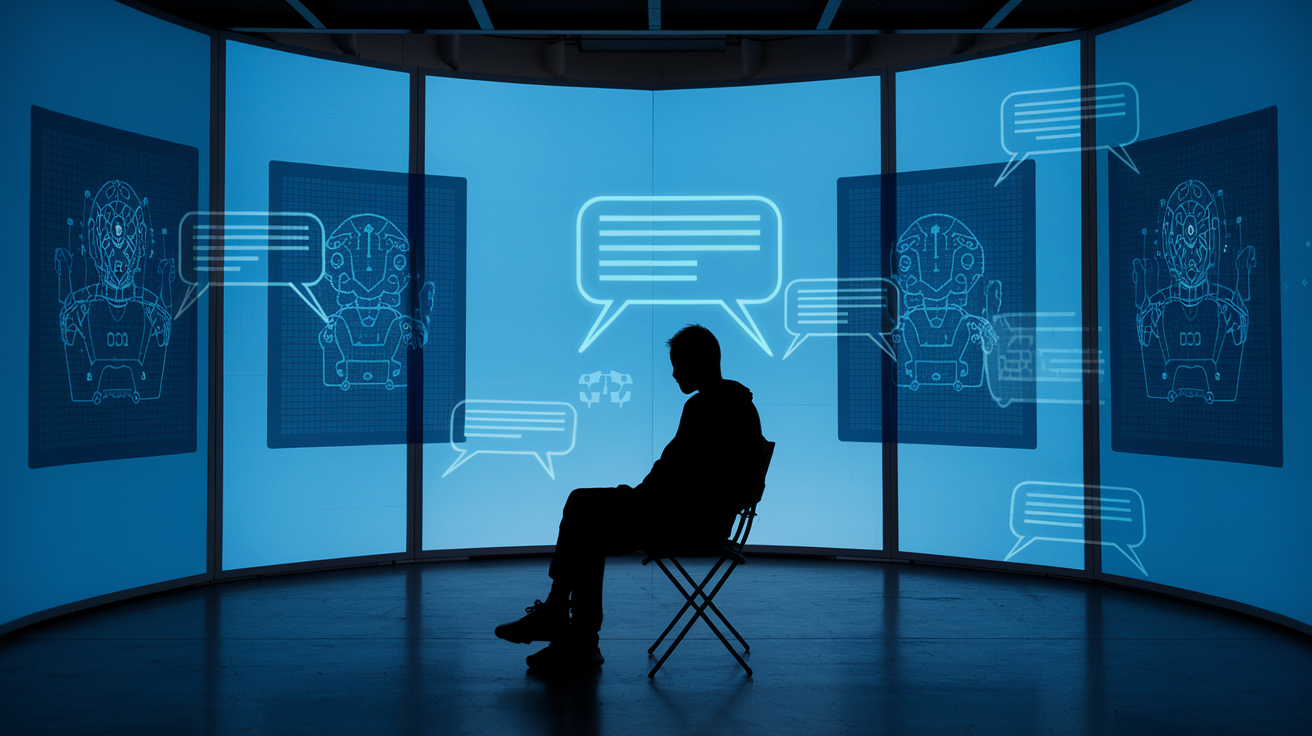
The debate surrounding AI companionship reveals a fundamental tension between technological innovation and human connection. While Zuckerberg envisions AI friends as a solution to loneliness—companions designed to understand us through our data—critics like Brockes rightly point out that genuine relationships require consciousness and reciprocity that AI simply cannot provide. These digital interactions may temporarily alleviate feelings of isolation but cannot replicate the depth and meaning of human connections.
Conclusion: As we navigate this new frontier of digital relationships, we must carefully consider what constitutes true intimacy and friendship. Rather than accepting a diluted understanding of human connection, perhaps we should view AI as a complement to—not a replacement for—our social lives. The future of human-AI relationships ultimately depends on maintaining clarity about the difference between convenience and genuine connection, ensuring that technology enhances rather than diminishes our capacity for meaningful human bonds.
LATEST
-
What Is Filibuster? Cory Booker’s Epic Stand Breaks The Internet
The Filibuster, a procedural tactic used in the U.S. Senate, is a complex and…
-
Innovative Farming Techniques: Unlocking the Potential of Vertical Farming
Imagine a world where fresh, locally grown produce is available year-round, regardless of climate…
-
10 Kids Gadgets That Happen To Make Excellent Gifts
In a world where technology dominates our daily lives, finding the perfect gift for…
-
Is Your Synthetic Oil Still Good? Here’s How to Tell
Is your synthetic oil still running at its best? 🛢️ Many drivers aren’t sure.…





